
The latest wetland news
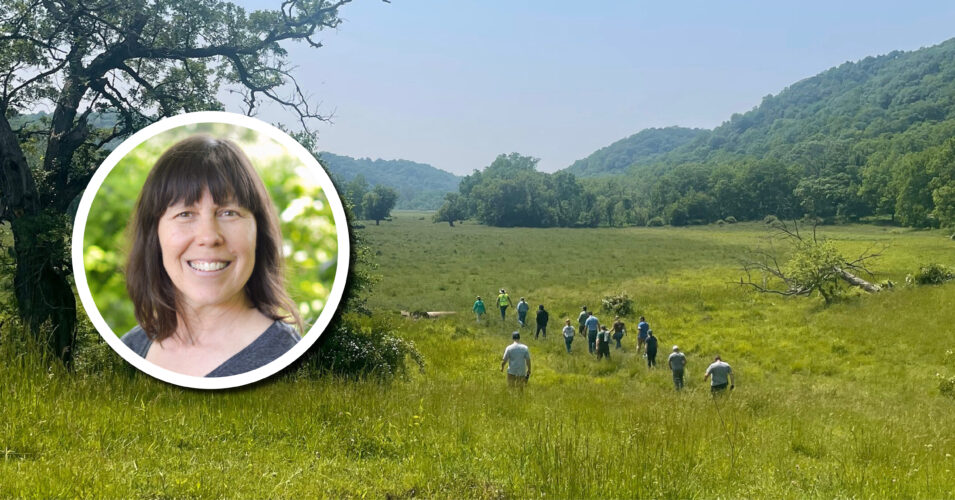
Wetland Coffee Break: The importance of state agency collaborations for effective wetland conservation
While our legislative work may have the highest profile, in recent years we have also invested heavily to build collaborations that help state and local agencies integrate wetland priorities into existing programs.
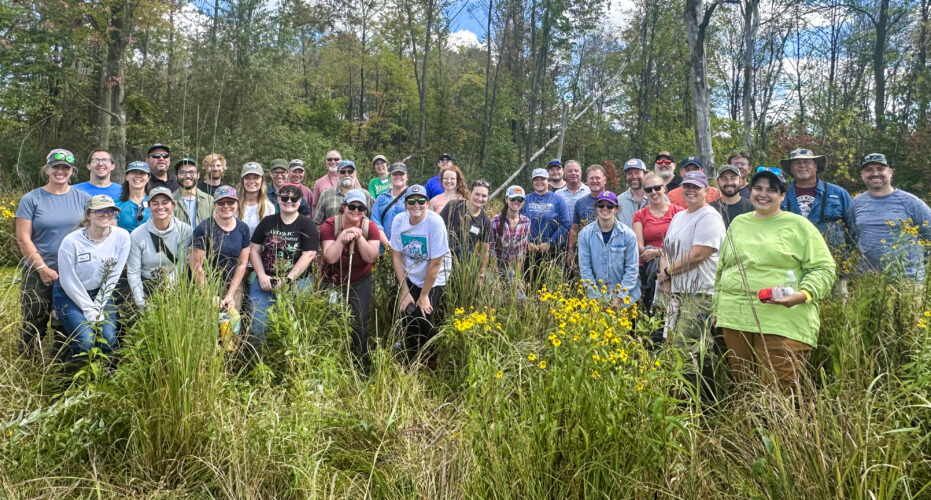
Agency Collaboration Profile: Wisconsin Department of Natural Resources
State agencies exist to administer policies and programs that either create public benefits, prevent public harm, or both. Healthy and abundant wetlands also provide public benefits and prevent public harm.
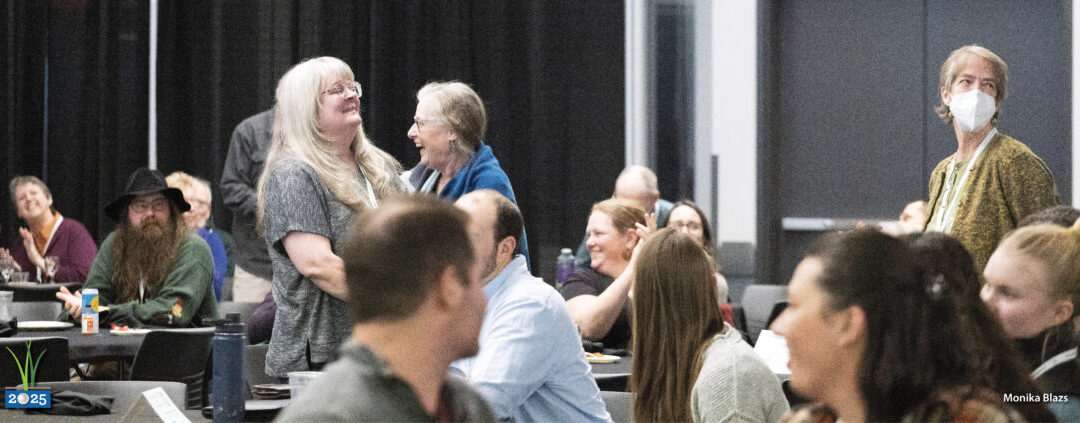
WWA’s 2026 Annual Membership Meeting: Join us!
All members and supporters of Wisconsin Wetlands Association are invited to join us for the 2026 Annual Membership Meeting and social!
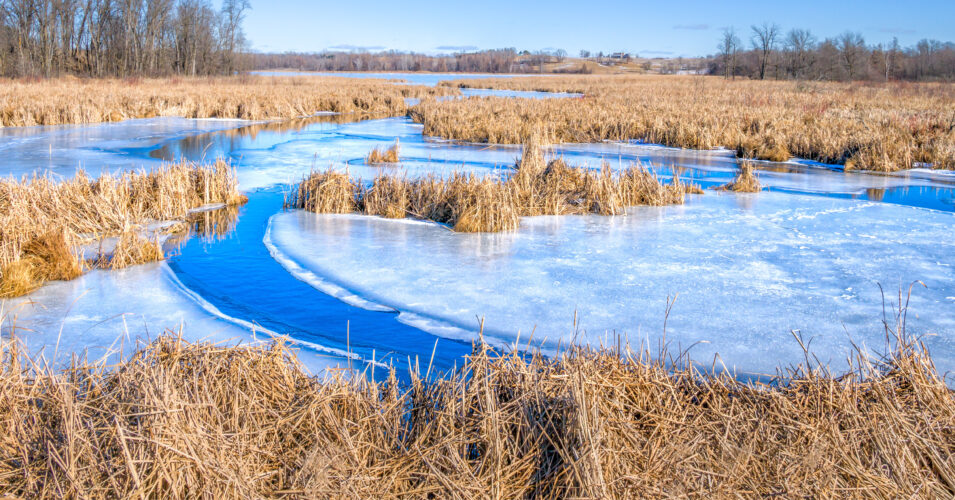
WOTUS rule update: Our submitted comments
With the public comment period closed, we’d like to share the comments we submitted on the recent WOTUS rule proposal.
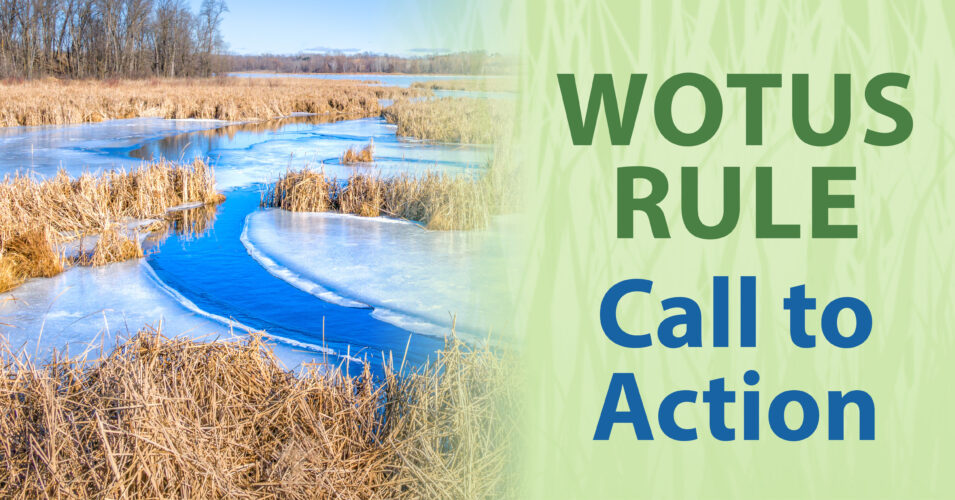
WOTUS Rule Call to Action
WWA policy staff are hard at work reviewing the proposed rule and coordinating our response with members, partners, and national NGOs.

Wetland Coffee Break: Dark waters, silent wings: Secrets Wisconsin bats keep
Get to know the eight bat species found in Wisconsin, where and when you might encounter them, how you can keep tabs on them, and how mysterious they remain. Conservation biologist Jennifer Redell will also provide a brief overview of White-nose syndrome and the...
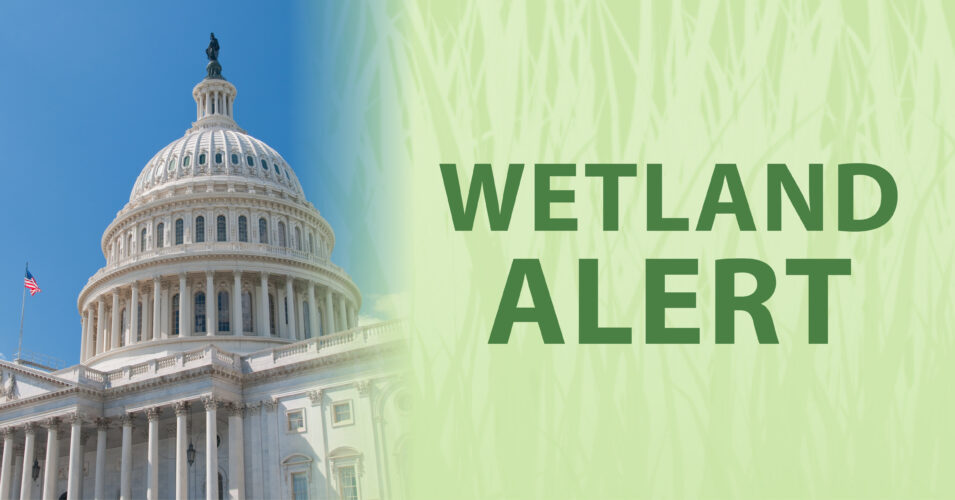
Breaking: Federal legislation introduced to address barriers to floodplain restoration
Wisconsin Wetlands Association supports this legislation and is thrilled to see Wisconsin represented among the original cosponsors of this legislation.
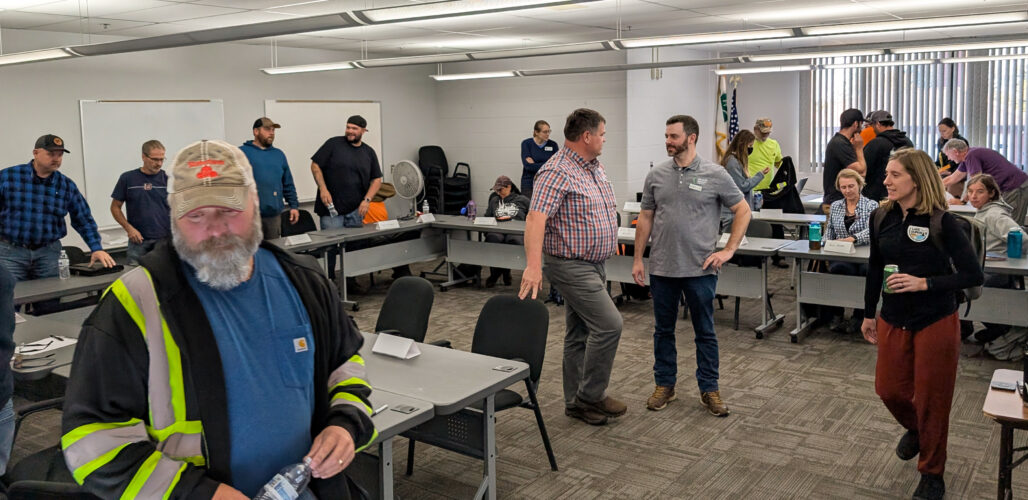
Lake Superior communities gathered to discuss culverts and slow the flow opportunities
Road managers, town chairs, and staff from 13 towns and tribes across the Fish Creek and White River Watersheds and the Bayfield Peninsula joined us to discuss how they might reduce flood risks by addressing the wetlands and floodplains upstream.

Wetland Coffee Break: Introduction to wetland sedges (Carex)
This introductory talk focuses on basic Carex ecology, morphology, and common terminology, and will be useful for anyone looking to expand their understanding and use of identification guides and keys.
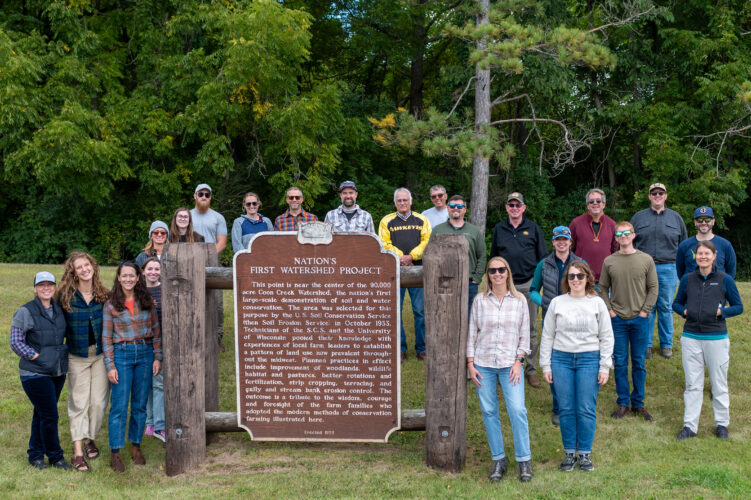
Neighbors meeting neighbors in the flood-prone Driftless Area
WWA joined watershed conservation professionals, farmers, engineers, community members, and other watershed conservation enthusiasts from Iowa and Wisconsin to discuss the complexities and challenges of flooding.
